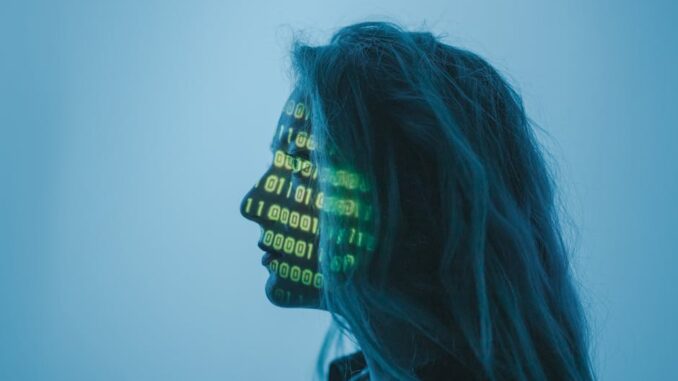
Summary
Deep learning reconstruction (DLR) is revolutionizing breast MRI by significantly reducing scan times while improving image quality. This breakthrough enhances diagnostic accuracy, shortens patient wait times, and increases the accessibility of this vital imaging modality. DLR leverages AI to reconstruct high-quality images from less data, effectively halving the duration of breast MRI scans.
Secure patient data with ease. See how TrueNAS offers self-healing data protection.
Main Story
Okay, so, groundbreaking stuff is happening in breast cancer detection, and it all boils down to deep learning. This isn’t just another tech buzzword; it’s actually changing how we do breast MRIs. We’re talking about deep learning reconstruction, or DLR, an AI tech that’s slashing scan times while simultaneously boosting image quality. And believe me, that’s a game-changer for everyone involved, especially patients. It’s not just about cool tech, it’s about better care and making life easier for radiology departments. Let’s dive into why this matters so much.
The Magic of Deep Learning Reconstruction
Traditional breast MRIs, as you know, are effective, but they’re also kind of a pain. Patients have to stay still in the scanner for what feels like forever—sometimes over 30 minutes! Try telling a kid, or someone with claustrophobia, to do that. It’s rough. I remember once, we had a patient who nearly had a panic attack, and the scan had to be stopped. Anyway, DLR swoops in to save the day using AI to speed things up.
Essentially, DLR algorithms are trained on huge piles of MRI images. They learn to recognize patterns and piece together high-quality images from way less data. The result? Faster scans. We’re talking about cutting the scan time in half, often, without sacrificing image quality. Crazy, right? In fact, some studies are suggesting that DLR can even improve image quality by cleaning up noise and other imaging imperfections. So, win-win!
More Than Just Speed
Now, it’s not just about quicker scans; although I won’t pretend that isn’t the most obviously good thing. Improved image quality equals more confidence in diagnoses. Radiologists can spot and understand breast issues, like lesions, more accurately. This means earlier diagnoses and faster treatment which, again, is great for patient outcomes, obviously.
Plus, who doesn’t want a comfier experience? Shorter scan times mean less anxiety and discomfort for patients. Let’s be real, MRIs can be stressful. Anything that makes it easier is a huge plus in my book. Also, shorter scans can boost workflow for radiology departments, leading to more patients getting through the system quicker. Less waiting time is always a good thing.
Reaching More People
Accessibility is key, wouldn’t you agree? The faster, more comfortable experience offered by DLR might encourage more women, especially those at higher risk, to get screened. And that can have a real impact on early detection and improved breast cancer survival rates. What more could you ask for?
The Future Looks Bright
I reckon deep learning reconstruction is a major step forward for medical imaging. As DLR continues to get better, it’ll play a bigger part in detecting, diagnosing, and planning treatments for breast cancer. Getting quality images faster is a game-changer for patient care, workflow, and access. All in all, it showcases the potential of AI to shape the future of healthcare in general. I’m not gonna lie, its pretty cool.
AI’s Expanding Role in Medicine
DLR is just a piece of the puzzle. AI is being used everywhere in healthcare, from diagnosing and planning treatments to finding new drugs and personalizing medicine. These AI algorithms can analyze medical images, predict what might happen to patients, assist with surgery, and even develop new treatments for diseases.
It’s true that AI can process tons of data, and spot patterns that might be missed by people. It’s changing how we approach healthcare, however, we still have to address data privacy and develop regulations, naturally. But you know, the potential of AI to improve patient care and transform healthcare is definitely there, and, in my opinion, quite exciting.


Cutting MRI times in half? Finally, I’ll have more time to practice my dramatic exits for when I inevitably win an Oscar. Although, I suppose early breast cancer detection is important too. If only they could invent a deep learning system for red carpet predictions.